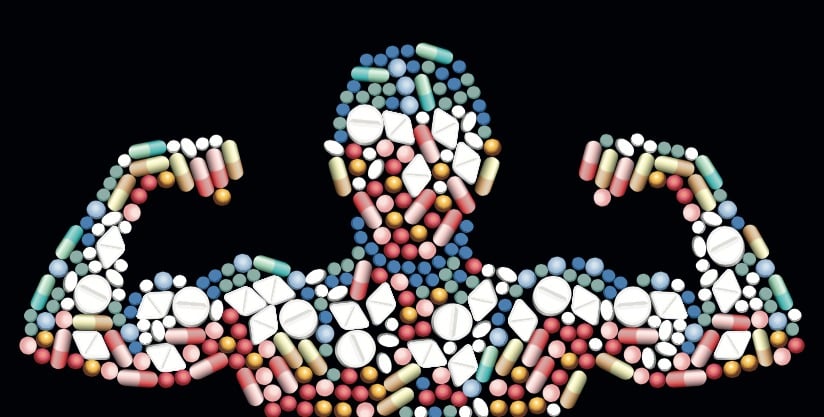WATCH: I DON’T GET IT – the story of Harry Potter
HARRY Potter Book Night is back for a fantastic fourth year! This week the magical Harry Potter Book Night returns for its fourth year and this year the theme is Fantastic Beasts.

THE World Athletics Championships were a summer highlight for lots of us in the UK, but they also raised some interesting debates. One of those was about cheating in sport.
Justin Gatlin won the men’s 100m final, but not everyone was happy about the result. Some people felt Gatlin shouldn’t have been allowed to compete at all. The American athlete has been banned from athletics twice in the past for drugs offences (otherwise known as doping).
Similarly, Russia was banned from taking part in the Championships, after a report found that there was a Government-run system of doping in the country. But what is doping?
Doping is when an athlete takes drugs to illegally improve their performance. Athletes are regularly tested to make sure they haven’t taken any banned drugs. If they are found guilty, they have to face a punishment.
Lots of famous athletes have been found guilty of doping. Some of the most high-profile cases include cyclist Lance Armstrong, tennis star Maria Sharapova and sprinter Dwain Chambers.
At the moment there is no specific punishment for doping. Each case is treated differently. Normally, the athlete will be given a ban from their sport. The athletes can also appeal their bans. Gatlin was given an eight-year ban for doping in 2006, but he appealed and returned to the track four years later.
This issue has divided lots of people. Not just fans, but experts in the sporting world, too. Sebastian Coe, the president of the International Association of Athletics Federations, wants to see lifetime bans for drug cheats. Others say athletes deserve more chances.
But what do you think? Should athletes found guilty of doping be banned for life? If not, how many chances do you think they should get? Comment below to let us know.
HARRY Potter Book Night is back for a fantastic fourth year! This week the magical Harry Potter Book Night returns for its fourth year and this year the theme is Fantastic Beasts.
EARTH has a big, big problem on its hands right now. That problem is plastic and our planet is crying out for help because of it.
SCIENTISTS have noticed that the planet has been warming up in recent years and many are very worried about it.